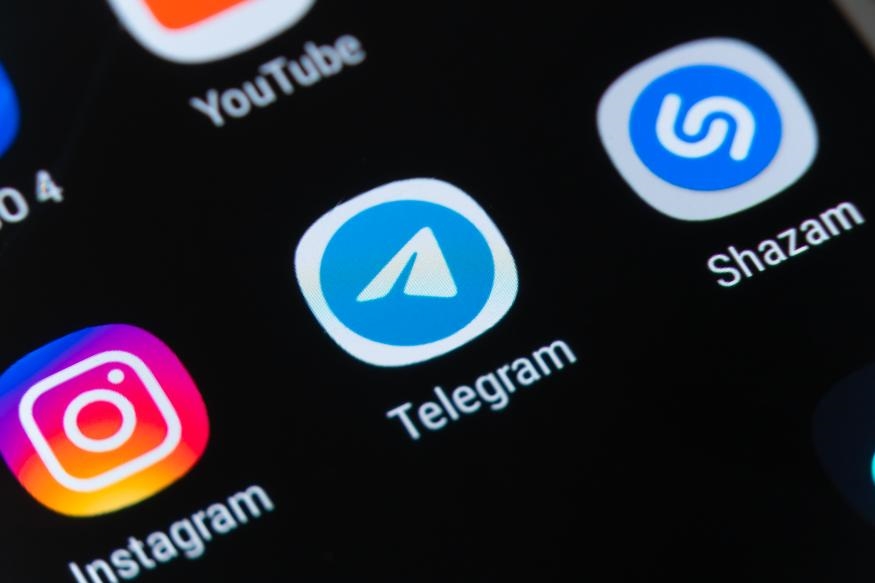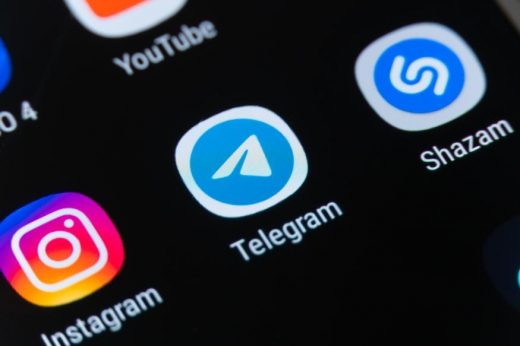Brazilian court bans Telegram for failing to hand over data from neo-Nazi groups
Telegram has been banned in Brazil over disinformation issues
The Brazilian Supreme Court has banned Telegram in the country and has ordered Brazil’s telecoms regulator Anatel to implement the suspension within 24 hours. According to Reuters and The New York Times, Justice Alexandre de Moraes cited the messaging app’s failure to respond to previous judicial orders to freeze accounts spreading disinformation for his decision.
In Brazil, Telegram has become the platform of choice for supporters of far-right President Jair Bolsonaro after social networks like Facebook and Twitter started implementing stricter measures against fake news. Moraes, who’s also currently overseeing a number of investigations into Bolsonaro and his allies for spreading disinformation, has ordered internet providers and phone carriers to block people’s access to Telegram in the country ahead of the presidential election in October.
The Supreme Court justice has ordered Google and Apple to remove the messaging service from their app stores, as well. All the companies must comply within five days or face a fine of $20,000 per day. In addition, people caught using VPNs or other means to access Telegram after it’s already been blocked will also face a $20,000 fine.
Bolsonaro called the decision “inadmissible” during an event. Anderson Torres, the Minister of Justice and Public Security appointed by Bolsonaro, criticized Moraes’ ruling and said the “monocratic decision” harms millions of Brazilians.
Milhões de brasileiros sendo prejudicados repentinamente por uma decisão monocrática.
Já determinei a diversos setores do @JusticaGovBR que estudem imediatamente uma solução para restabelecer ao povo o direito de usar a rede social que bem entenderem.— Anderson Torres (@andersongtorres) March 18, 2022
Telegram Chief Executive Pavel Durov apologized and admitted that the company “definitely could have done a better job.” He also explained in a statement that missing emails were partly to blame:
“We complied with an earlier court decision in late February and responded with a suggestion to send future takedown requests to a dedicated email address. Unfortunately, our response must have been lost, because the Court used the old general-purpose email address in further attempts to reach us. As a result, we missed its decision in early March that contained a follow-up takedown request. Luckily, we have now found and processed it, delivering another report to the Court today.”
Durov is asking the court to delay its ruling and give Telegram the chance to “remedy the situation” by appointing a representative in Brazil and setting up a framework that will allow the company to reply to pressing issues in the country more quickly. It remains to be seen whether the court will grant Telegram’s request.
Update 03/19/22 1:30PM ET: We added and referenced Durov’s statement in the piece.

(31)



